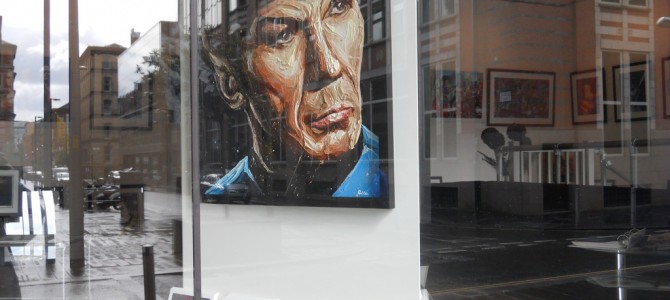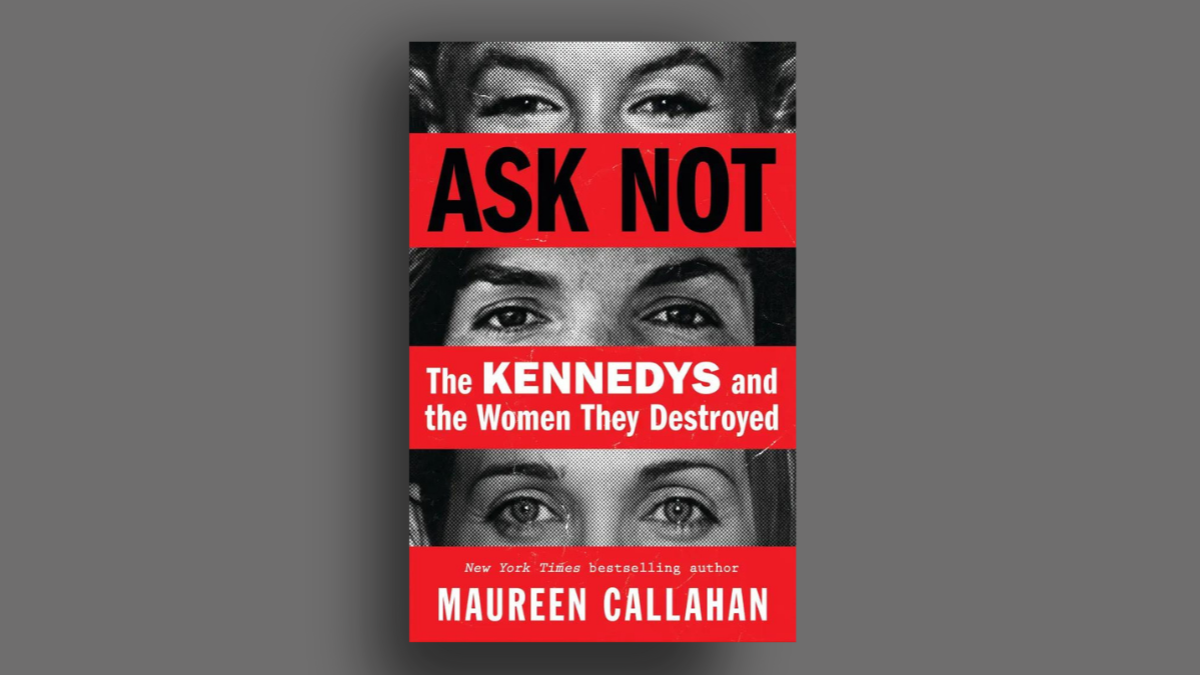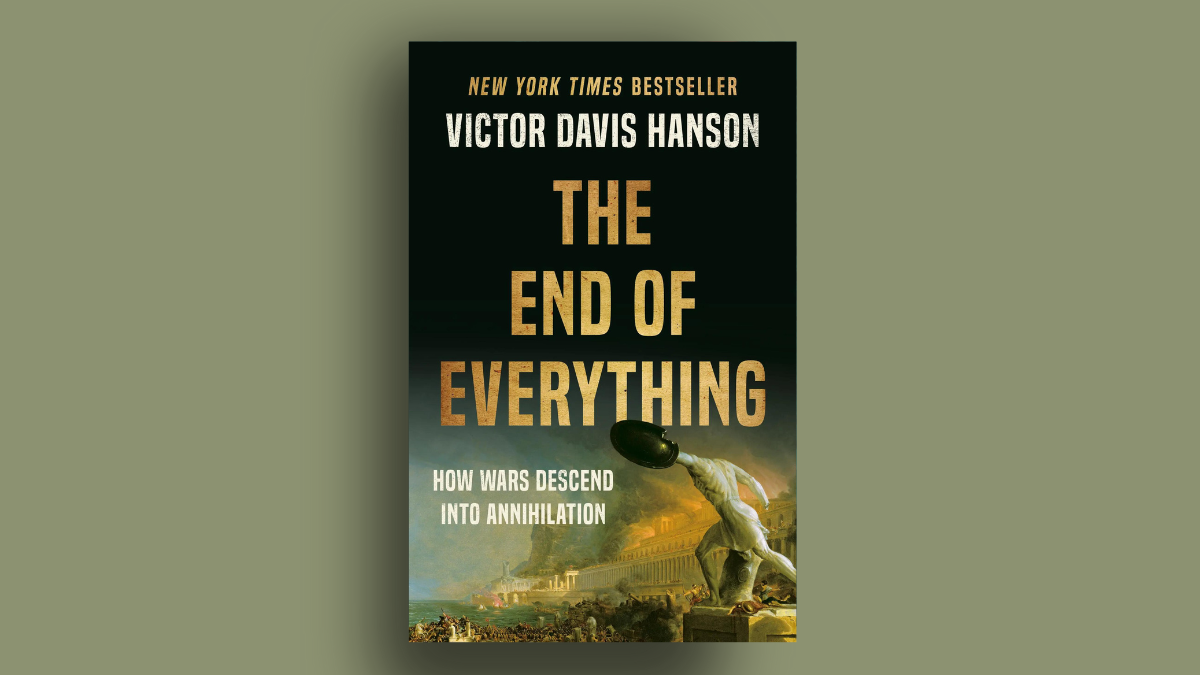He lived long and prospered.
Leonard Nimoy died today at the age of 83. In his long acting career, he played other roles and played them very well—but let’s face it: everyone remembers him as Mr. Spock, the enigmatic alien from the Star Trek franchise. It was a role he would return to again and again over five decades, from the original late-1960s series, to a string of films, to cameos in later spin-off series, to the recent “rebooted” Star Trek films.
Every “Star Trek” actor, particularly from the original series, had greatness thrust upon him, and they sometimes struggled with the way the franchise came to define them. In 1975, Nimoy wrote a book titled, I Am Not Spock, then 20 years later wrote a follow-up, I Am Spock. While he initially chafed at being typecast, he eventually embraced his association with the franchise.
And why not? Mr. Spock is not merely an interesting and beloved character. He is an icon who represents big, timeless ideas.
What made Star Trek such an important, enduring contribution to our culture was its interest in grappling with big themes, asking questions about what it means to be human. The original series owed a direct debt to a show that immediately preceded it, “The Twilight Zone,” which pioneered the use of science fiction as a medium for examining big philosophical issues. The character of Mr. Spock was central to this aspect of the show.
Half-human, Spock had been raised in the alien culture of the Vulcans, who venerated reason, science, and logic and sought to purge themselves of emotional reactions. Although it took for granted the idea of an inherent clash between reason and emotion (a premise I would contest), this was a profound way to explore the role of reason in human life. That explains Spock’s intense appeal to the geeks—young people fascinated with science, who are grappling with the role reason should play in their own lives, and who perhaps identify with Spock’s bewilderment at the way others allow themselves to be ruled by their emotions.
It has often been remarked that the three lead characters in the original series: Spock, Dr. McCoy, and Captain Kirk, reflected Plato’s tripartite division of the soul into reason, emotion, and will, making their interplay into a running commentary on human nature. It certainly made for more profound and timeless entertainment than a lot of what we get these days. This is particularly true, unfortunately, of the J.J. Abrams reboot of the Star Trek franchise, which tends more toward the unintellectual side, reliant on big action scenes and expensive special effects. The original series, by contrast, had relatively primitive special effects, so they had to make up for it with interesting stories, well-drawn characters, and timeless themes. Hollywood might want to try that again one of these days.
But none of that would have worked without the extraordinary skill, sensitivity, and humanity brought to the role by Leonard Nimoy. William Shatner is sometimes criticized (a bit unfairly) for the insufficiently restrained emotional range he brought to the role of Kirk. But Nimoy never had that option; Mr. Spock’s defining characteristic is the absence of emotion. Think what a challenge that is to an actor! Nimoy had to rely on the nuance of expression in his voice or the motion of a famously raised eyebrow to convey the intellectual and psychological depth of the character. He always managed to suggest, under his cool exterior, that Spock’s human side had not been entirely suppressed. Perhaps more important, he could also make us appreciate that the rational, logical side of Spock’s personality was interesting and valuable in itself.
He managed to capture, in a supposedly emotionless exterior, a character who was thoughtful and—in a paradox often explored in the franchise—profoundly humanistic.
It was an immense achievement for which he will be remembered, rightly, for many centuries to come.
Follow Robert on Twitter.









